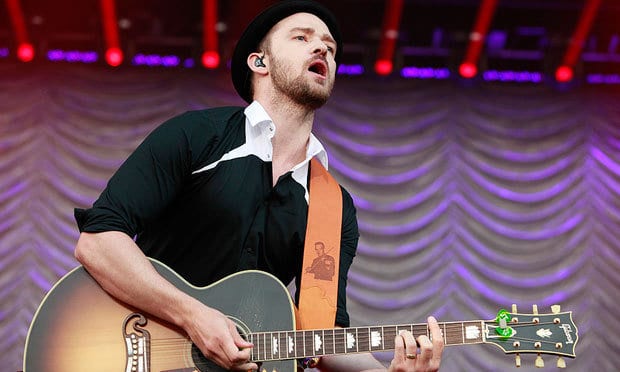
[Editor’s note: To participate in our weekly advice column, submit your questions here and watch this space each Wednesday.]
After this Paris attack, I’ve just been feeling really sad, confused and scared. I keep seeing news and videos and thinking, “What’s wrong with this world!? How could anyone do these sorts of things to other people?” All of this makes me scared to even leave the house sometimes. Anyhow, I don’t quite know how to put this in the form of a succinct question, but if you’ve got any thoughts about all of this I’d like to read them.
Thank you,
Confused and Scared
Dear CS,
You should be sad, confused and scared. In fact, I’d add to the list: angry, resentful and maybe even a little bit vengeful. All of these feelings—and more—are valid. What happened in Paris (not to mention all around the globe) is not OK. People were thrown into terror, sons and daughters were murdered—and all of this for what? Ideology, I suppose. Religion, wars, politics, land, oil, etc., etc. were probably factors, as well, but that’s not really the problem that’s causing all of this.
The problem is that we live in a fallen and broken world.
And that’s just the reality humanity has always lived in. From the moment Eve ate the apple (not all her fault, by the way) the world was not as it should be—and we see it constantly. From big stories like Paris and Sandy Hook, to our own lives, where we deal with depression and broken relationships and illness. There is just so much pain. But…
There is hope.
God is in the business of setting all things to rights, and what we see and feel in this fallen and broken world is not what God intended for us. Which, of course, begs the question, “Well, where was God in Paris, Beirut, even in my own messed up life?” God was mourning. Mourning deeply with us and hoping His people would not cower under fear but rather get to work. Yes, God was waiting for us to do the job He has assigned—the job of changing the world.
C.S. Lewis writes beautifully on this concept and, if you’ll allow me, I’d like to include way more of his quote in this article than any self-respecting writer should. He just explains it perfectly, and I think we need to read it together:
For He seems to do nothing of Himself which He can possibly delegate to His creatures. He commands us to do slowly and blunderingly what He could do perfectly and in the twinkling of an eye. He allows us to neglect what He would have us do, or to fail. Perhaps we do not fully realize the problem, so to call it, of enabling finite free wills to co-exist with Omnipotence. It seems to involve at every moment almost a sort of divine abdication. We are not mere recipients or spectators. We are either privileged to share in the game or compelled to collaborate in the work, “to wield our little tridents.” Is this amazing process simply Creation going on before our eyes? This is how (no light matter) God makes something—indeed, makes gods—out of nothing.
This idea, this concept that God would impart upon us the duty of being light in a dark world, is both wonderful and also (if I’m being honest) frustrating as hell. And to be even more honest, the moments where I’m most frustrated at God are during times when I wonder why He didn’t stop the shooter, cure the cancer, end the depression, save my friend’s life. But even in those moments (and they can be longer than moments), I still lean on truth—even if I don’t understand it.
The truth is that God is who he says He is, and we are called to be the light of the world.
Which leads us back to you, Confused and Scared. You’re asking me how to feel, what to do, and essentially how to make heads or tails of the darkness of this world. Well, for you, and for me, I think the most helpful thing to realize is that we’ll never wrap our heads around the problem of sin. We just won’t. There is a part of all of us that is just left scratching our heads perplexed that anyone would do the terrible things they’ve done, that life would hand out the misfortunes that it has, and that God is somehow sovereign over all of it. It’s a great mystery that both evil and God can exist in a single place. But that’s reality, and that’s why we always yearn for heaven.
We are a people waiting to go home. Waiting for an end to sadness and longing to be back in the garden, where everything is just as it should be. But we’re not there now. So while we wait and hope for that utopia, we must do our job on earth.
We have a responsibility when things aren’t right—maybe especially when things aren’t right—to be representatives of the light and love of Jesus in this planet. This means something for how we care for orphans and widows and it means something for how we love refugees. Additionally, it means that even though we don’t get the profound mystery of God’s divinity, we still lace up our boots, refuse to cower in the face sin, and be light.
You can be sad, but don’t stay in your home—go outside. Love people intensely, leverage your resources with no assumption of reciprocation, and when the world seems too dark and scary and confusing, double down and refuse the darkness.
Let’s get to work,
Eddie
Have a question? Good! Send an email to [email protected]. All identifying information will be kept anonymous.






















